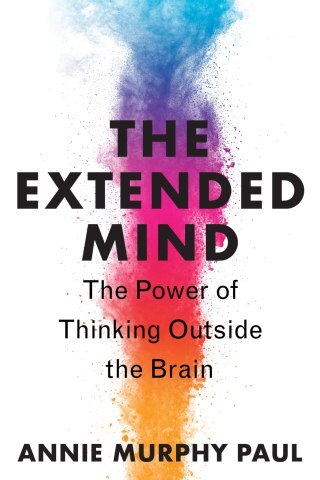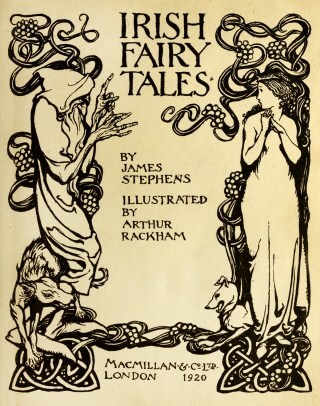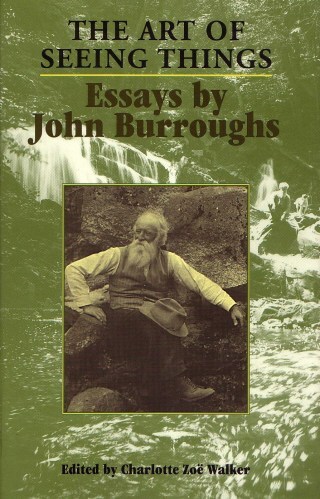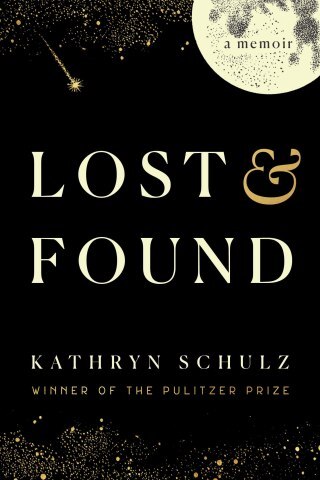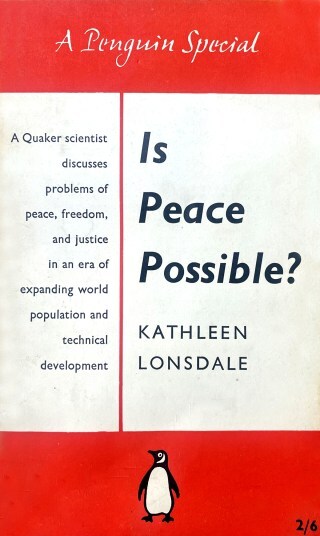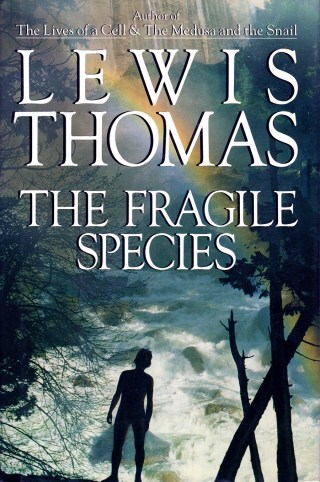Maria Popova's Blog, page 73
March 22, 2022
The Magpie in the Mind: The Emerging Science of Thinking with the Whole World Beyond the Brain
“Our minds are all threaded together,” the young Virginia Woolf wrote in her diary at the dawn of the twentieth century, “and all the world is mind.” Meanwhile in Spain, the middle-aged Santiago Ramón y Cajal was birthing a new science that would both greatly expand our knowledge of the brain and gr...
March 19, 2022
Wonder, Hungry Wolves, and the Whimsy of Resilience: Arthur Rackham’s Haunting 1920 Illustrations for Irish Fairy Tales
“If you want your children to be intelligent,” Einstein is said to have said, “read them fairy tales. If you want them to be very intelligent, read them more fairy tales.”
But fairy tales also make us, children and grown children alike, kinder and more resilient by grounding us in the knowledge — a primal knowledge we unlearn as we grow up and grow frightened of feeling — that the terrible and the transcendent s...
March 15, 2022
Cosmic Consolation for Human Hardship: The Great Naturalist John Burroughs on How to Live with Life
In those seasons of being when life boughs you down low with world-weariness, when the sun of your soul is collapsing into a black hole, when you despair of humanity’s twin capacity for inhumanity and are no longer able...
March 10, 2022
How to Fix a World: A Four-Year-Old’s Prayerful Poem, Animated by a Ukrainian Artist
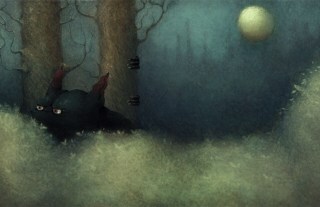
“What is essential in the future is that every member of the family, even little children, should learn at whatever cost not to give way to wrong or to co-operate in it,” the pioneering X-ray crystallographer and Quaker peace activist Kathleen Lonsdale wrote as she considered the real building blocks of a livable world a decade into the Cold War.
If, a century and two World Wars before her, Baudelaire was right — he w...
How to Fix a World: A Preschooler’s Poem About the End of Bullets and Sorrow, Animated by a Ukrainian Artist

“What is essential in the future is that every member of the family, even little children, should learn at whatever cost not to give way to wrong or to co-operate in it,” the pioneering X-ray crystallographer and Quaker peace activist Kathleen Lonsdale wrote as she considered the real building blocks of a livable world a decade into the Cold War.
If, a century and two World Wars before her, Baudelaire was right — he wa...
Losing Love, Finding Love, and Living with the Fragility of It All
“Fearlessness is what love seeks,” Hannah Arendt wrote in her superb early work on love and loss. “Such fearlessness exists only in the complete calm that can no longer be shaken by events expected of the future… Hence the only valid tense is the present, the Now.”
It is a handso...
March 6, 2022
The Building Blocks of Peace: Pioneering X-Ray Crystallographer and Activist Kathleen Lonsdale’s Quiet Masterpiece on Moral Courage and Our Personal Power
The thrill of childlike wonder never left Kathleen Lonsdale (January 28, 1903–April 1, 1971), who often ran the last few yards to her laboratory and took her mathematical calculations into the maternity ward where her children were born.
The tenth child in a Quaker household without electricity, she was born in Ireland the year the...
March 4, 2022
Singularity: An Animated Ode to Our Primeval Bond with Nature and Each Other (Toshi Reagon Sings Marissa Davis)
This is the fifth of nine installments in the 2021/2022 animated season of The Universe in Verse in collaboration with On Being, celebrating the wonder of reality through stories of science winged with poetry. See the rest here.
THE ANIMATED UNIVERSE IN VERSE: CHAPTER FIVE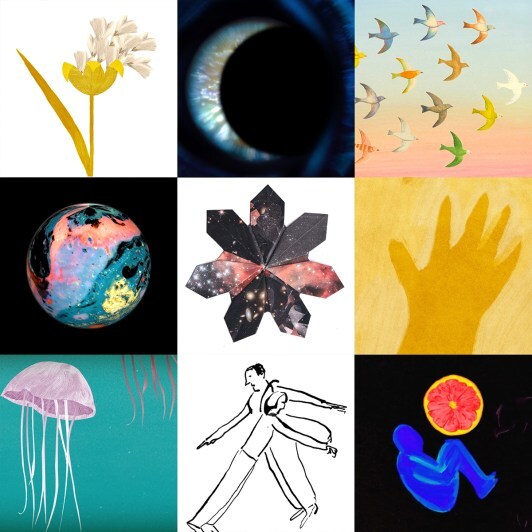 Whenever I am down, I think of the gladiolus.
Whenever I am down, I think of the gladiolus.
Whenever I ache with self-referential humanity — that evolutionary miracle of complex consciousness that en...
March 2, 2022
The Backdoor to Immortality: Marguerite Duras on What Makes Life Worth Living in the Face of Death
“What exists, exists so that it can be lost and become precious,” Lisel Mueller wrote as she weighed what gives meaning to our mortal lives in a stunning poem — one of the hundreds that outlived her as she returned her borrowed stardust to the universe at ninety-six. And yet, by some felicitous deviation from logic — perhaps an adaptive imbecility essential for our mental and emotional survival, one of the touching incongruences that make us h...
The Fragile Species: A Forgotten Masterpiece of Perspective on How to Live with Ourselves and Each Other
When Earth first erupted with color, flowers took over so suddenly and completely that, two hundred million years later, the baffled Darwin called this blooming conquest an “abominable mystery.”
When earthlings first realized that our Milky Way is not the cosmic whole but one...

